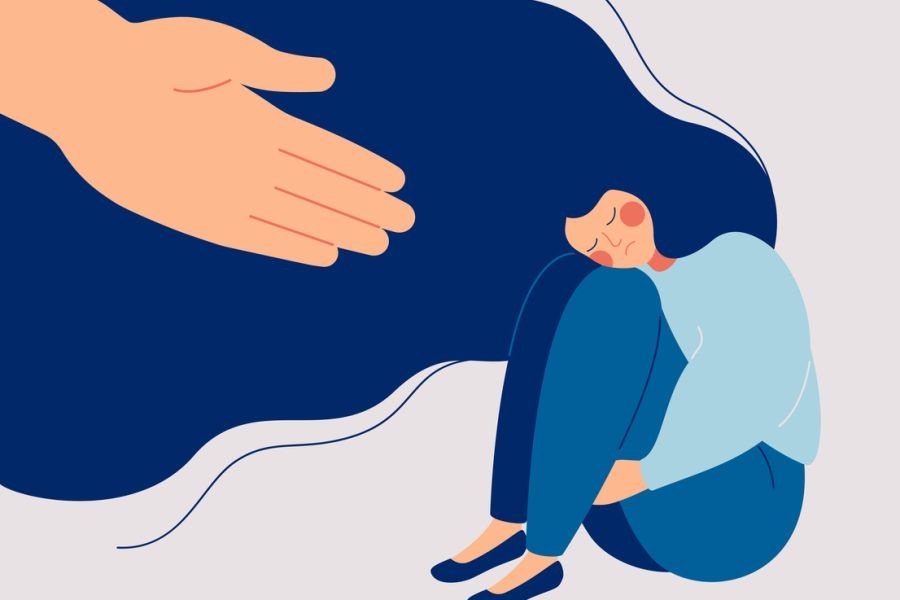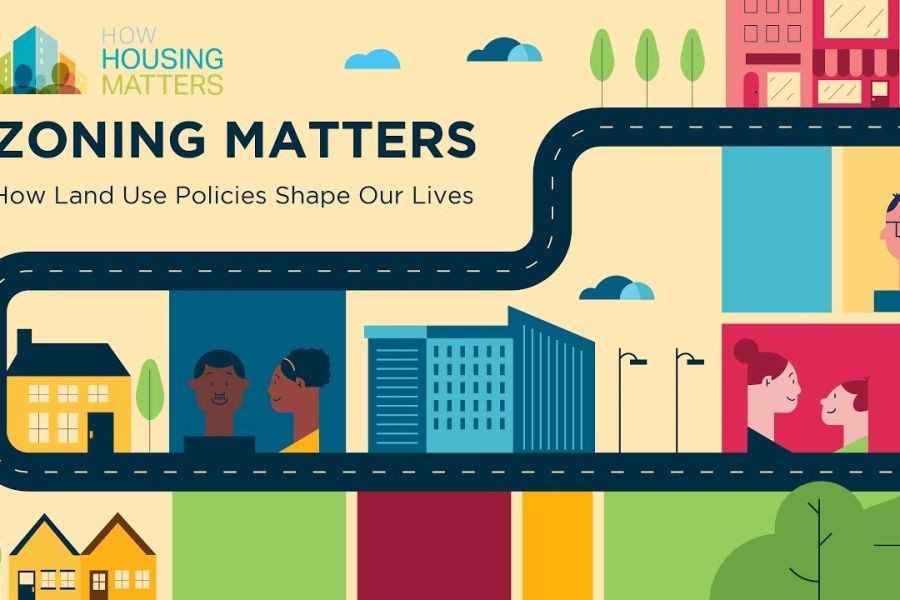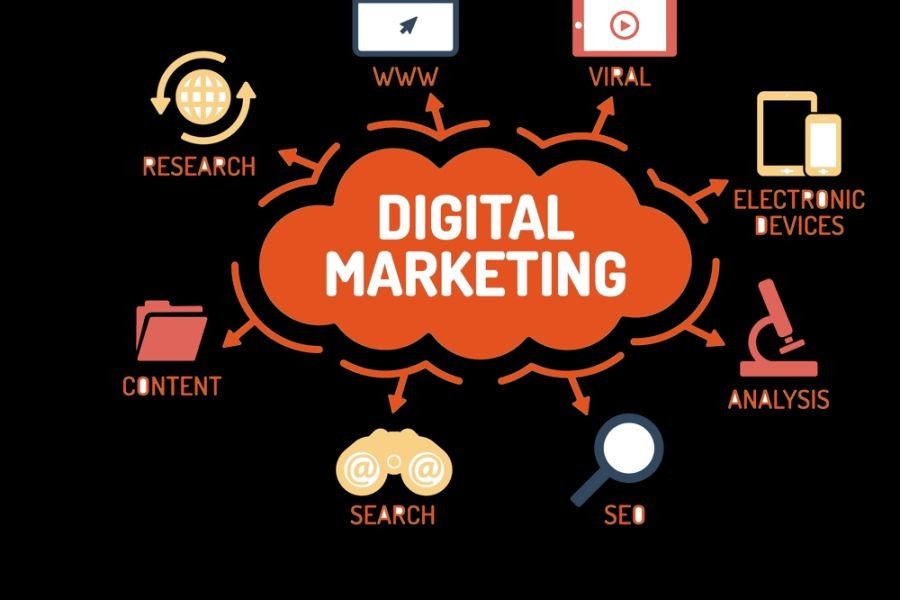In Australia, where mental health awareness is steadily gaining traction, the debate between counseling and therapy as preferred methods of psychological support is increasingly relevant. As mental health services evolve, understanding the distinctions and benefits of each approach is crucial for individuals seeking the best fit for their needs. This article delves deep into the intricacies of counseling and therapy, analyzing their impact on Australians, and providing data-backed insights for informed decision-making.
Understanding Counseling and Therapy
Counseling and therapy, while often used interchangeably, serve distinct purposes. Counseling typically focuses on specific issues or life challenges, offering guidance and support in a short-term, solution-focused manner. In contrast, therapy tends to delve deeper into psychological patterns and the root causes of mental distress, often over a longer period.
The Australian Context
In Australia, the prevalence of mental health issues is significant, with the Australian Bureau of Statistics (ABS) reporting that 20% of Australians aged 16-85 experience a mental disorder in any given year. This statistic underscores the need for accessible and effective mental health services. The distinction between counseling and therapy becomes crucial in tailoring mental health support to individual needs.
Pros and Cons: Counseling vs. Therapy
Pros of Counseling
- Accessibility: Counseling is often more readily available and can be accessed through various community services and online platforms.
- Cost-Effective: Typically involves fewer sessions, making it a more affordable option for many Australians.
- Solution-Focused: Provides immediate strategies and tools to address specific issues.
Cons of Counseling
- Short-Term: May not address deeper, underlying issues that require long-term intervention.
- Limited Scope: Focuses on immediate problems, potentially overlooking broader psychological patterns.
Pros of Therapy
- In-Depth Exploration: Allows for a comprehensive understanding of one's mental health landscape.
- Long-Term Benefits: Tends to provide more sustainable mental health improvements.
- Personal Growth: Facilitates profound personal development and self-awareness.
Cons of Therapy
- Time-Intensive: Requires a significant time commitment, which may be challenging for some individuals.
- Cost: Can be more expensive due to the extended duration of treatment.
Case Study: The Australian Experience
Case Study: MindTree - Redefining Mental Health Accessibility
MindTree, a mental health service provider in Australia, faced the challenge of making mental health support more accessible to remote communities. The company identified that many Australians in rural areas were not receiving adequate psychological support due to geographical and financial barriers.
Problem: Limited access to mental health services in rural Australia led to increased rates of untreated mental health issues.
Action: MindTree implemented a hybrid model combining telehealth counseling with in-person therapy sessions. They leveraged digital platforms to provide immediate support through counseling while offering therapy for long-term cases.
Result: Within a year, MindTree reported a 60% increase in service engagement and a 30% reduction in patient no-show rates. Their approach significantly improved mental health outcomes in rural communities.
Takeaway: This case highlights the importance of adapting mental health services to meet the diverse needs of Australians, particularly in remote areas. Blending counseling and therapy can enhance accessibility and effectiveness.
Debunking Myths: Counseling and Therapy
Myth: Counseling is only for minor issues.
Reality: Counseling can effectively address significant life changes and crises, providing crucial support in critical moments.
Myth: Therapy is too expensive for most Australians.
Reality: With government initiatives like the Medicare Benefits Schedule rebates, therapy is becoming more affordable and accessible.
Myth: Counseling and therapy are interchangeable.
Reality: Each serves distinct roles, with counseling focusing on immediate issues and therapy addressing deeper psychological patterns.
Future Trends in Australian Mental Health
The future of mental health in Australia is poised for transformation, driven by technological advancements and policy shifts. By 2030, it is predicted that 50% of mental health services will incorporate AI-driven diagnostic tools and virtual reality therapies, enhancing the precision and engagement of treatment (Source: CSIRO).
The Australian government is also expected to increase funding for mental health services, focusing on integrating digital health solutions into mainstream care. This will likely spur innovation and improve the accessibility of counseling and therapy across the nation.
Conclusion: Making the Right Choice
Choosing between counseling and therapy depends on individual needs and circumstances. For Australians, understanding the differences and benefits of each approach is crucial in navigating mental health support. Whether seeking immediate solutions through counseling or embarking on a deeper journey with therapy, the key is to prioritize mental well-being and seek professional guidance.
What are your thoughts on counseling vs. therapy? Share your experiences and insights below!
People Also Ask
How does mental health support impact Australians?
Mental health support significantly enhances quality of life, reducing the prevalence of untreated mental disorders in Australia and promoting overall well-being.
What are the biggest misconceptions about mental health services?
A common myth is that therapy is too expensive, but initiatives like Medicare rebates are making it more affordable.
Related Search Queries
- Counseling vs. therapy differences
- Benefits of therapy in Australia
- Accessibility of mental health services in rural Australia
- Medicare rebates for mental health in Australia
- Future trends in mental health care
































OCEMarcel3
3 days ago